The Giant of the North: Pokings Round the Pole
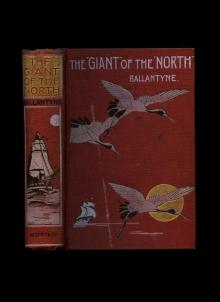

Author: R. M. Ballantyne
Category: Fiction
Published: 2007
Series:
View: 408
Read OnlineIntroduces our Hero and his Kindred. The Giant was an Eskimo of the Arctic regions. At the beginning of his career he was known among his kindred by the name of Skreekinbroot, or the howler, because he howled oftener and more furiously than any infant that had ever been born in Arctic land. His proper name, however, was Chingatok, though his familiars still ventured occasionally to style him Skreekinbroot. Now it must not be supposed that our giant was one of those ridiculous myths of the nursery, with monstrous heads and savage hearts, who live on human flesh, and finally receive their deserts at the hands of famous giant-killing Jacks. No! Chingatok was a real man of moderate size—not more than seven feet two in his sealskin boots—with a lithe, handsome figure, immense chest and shoulders, a gentle disposition, and a fine, though flattish countenance, which was sometimes grave with thought, at other times rippling with fun. We mention the howling characteristic of his babyhood because it was, in early life, the only indication of the grand spirit that dwelt within him—the solitary evidence of the tremendous energy with which he was endowed. At first he was no bigger than an ordinary infant. He was, perhaps, a little fatter, but not larger, and there was not an oily man or woman of the tribe to which he belonged who would have noticed anything peculiar about him if he had only kept moderately quiet; but this he would not or could not do. His mouth was his safety-valve. His spirit seemed to have been born big at once. It was far too large for his infant body, and could only find relief from the little plump dwelling in which it was at first enshrined by rushing out at the mouth. The shrieks of pigs were trifles to the yelling of that Eskimo child’s impatience. The caterwauling of cats was as nothing to the growls of his disgust. The angry voice of the Polar bear was a mere chirp compared with the furious howling of his disappointment, and the barking of a mad walrus was music to the roaring of his wrath. Every one, except his mother, wished him dead and buried in the centre of an iceberg or at the bottom of the Polar Sea. His mother—squat, solid, pleasant-faced, and mild—alone put up with his ways with that long-suffering endurance which is characteristic of mothers. Nothing could disturb the serenity of Toolooha. When the young giant, (that was to be), roared, she fondled him; if that was ineffectual, she gave him a walrus tusk or a seal’s flipper to play with; if that did not suffice, she handed him a lump of blubber to suck; if that failed, as was sometimes the case, she gambolled with him on the floor of her snow-hut, and rubbed his oily visage lovingly over her not less oleaginous countenance. Need we enlarge on this point? Have not all mothers acted thus, or similarly, in all times and climes? From pole to pole a mother’s soulIs tender, strong, and true;Whether the loved be good or bad—White, yellow, black, or blue. But Toolooha’s love was wise as well as strong....
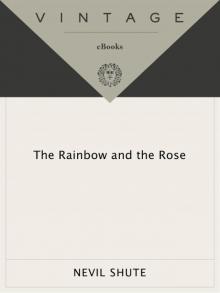 The Rainbow and the Rose
The Rainbow and the Rose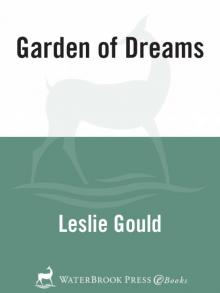 Garden of Dreams
Garden of Dreams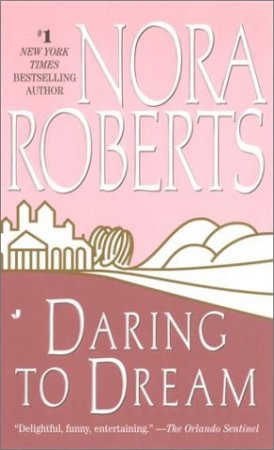 Daring to Dream
Daring to Dream Graduation Day
Graduation Day Marked, Soul Guardians Book 1
Marked, Soul Guardians Book 1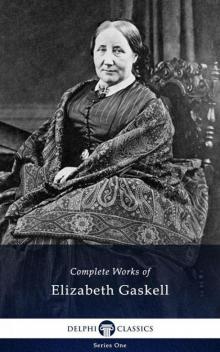 Delphi Complete Works of Elizabeth Gaskell
Delphi Complete Works of Elizabeth Gaskell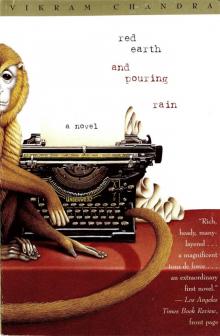 Red Earth and Pouring Rain
Red Earth and Pouring Rain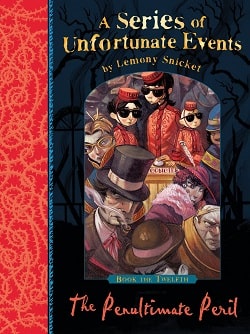 The Penultimate Peril (A Series of Unfortunate Events 12)
The Penultimate Peril (A Series of Unfortunate Events 12)